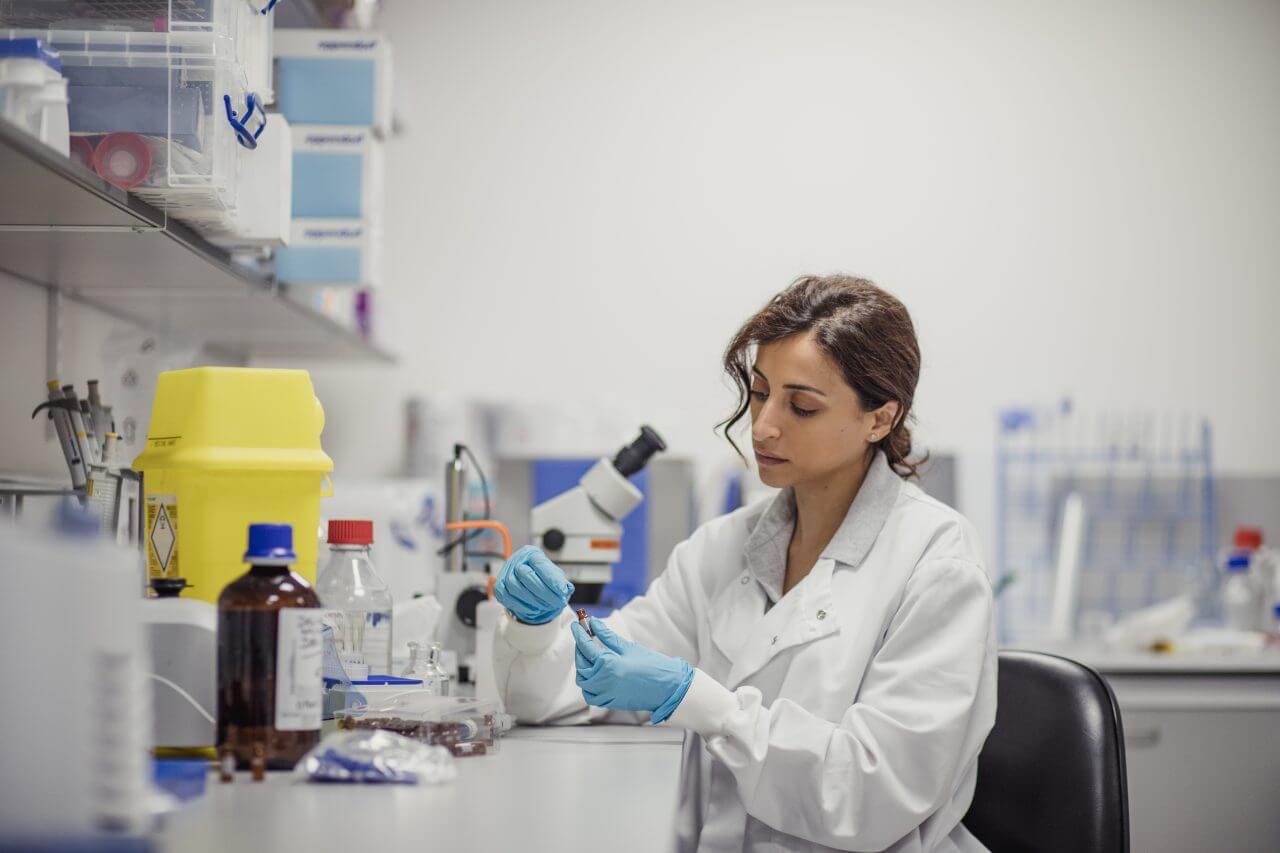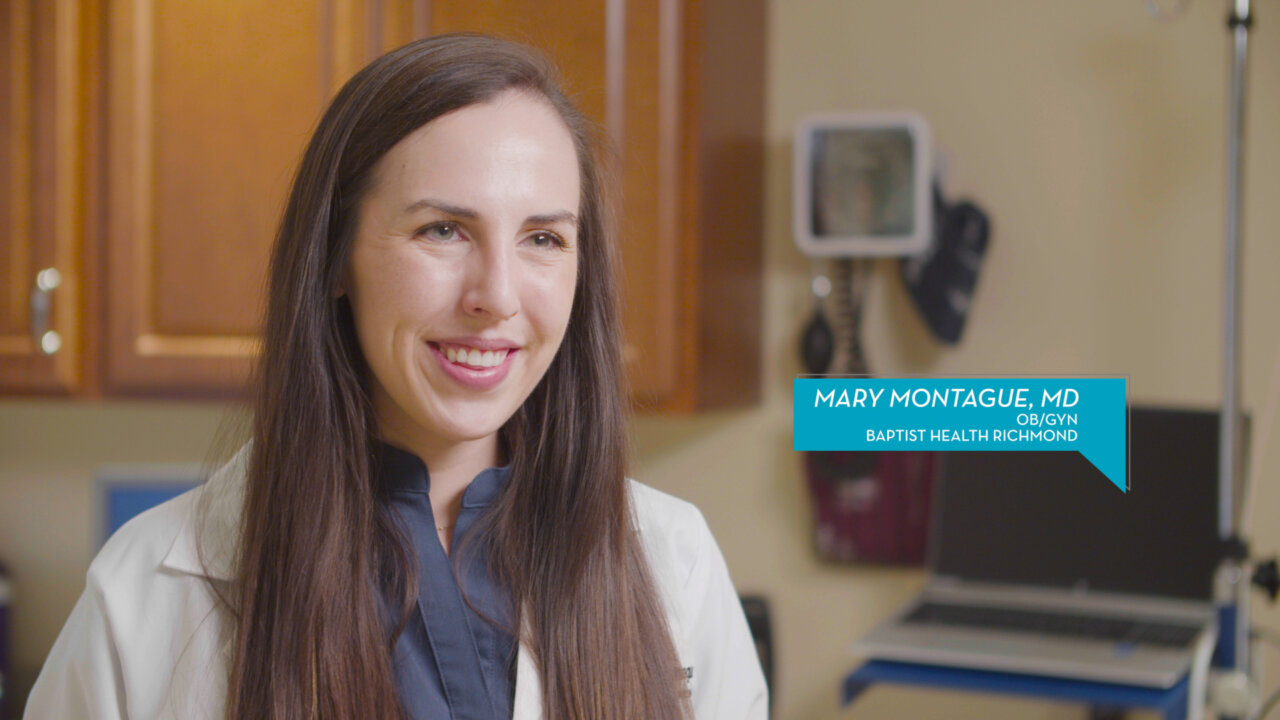The Importance of Cancer Screenings During the COVID-19 Pandemic

Adding to the list of things disrupted by the pandemic, many elective medical procedures, including cancer screenings, were largely put on hold to prioritize urgent needs and to reduce the risk of spreading COVID-19 in healthcare settings.
If you had an appointment for screening that was canceled or postponed, talk with your healthcare team about when to reschedule. Taking into consideration your personal and family history, other risk factors, and the timing of your last screening test, your provider can discuss balancing the risks and benefits of being screened now.
It’s important to note that cancer screening tests look for cancer in people who don’t have symptoms. These tests differ from ones your doctor might order if you have symptoms that could be from cancer, like a lump in the breast or blood in the stool. If you have symptoms like these, call your doctor as you’ll need exams or tests that evaluate those particular signs or symptoms.
Identify Your Personal Risk Factors
The more you know about your risk of cancer, the better. So take our free online cancer risk assessments. In 5 minutes, you’ll find out your risk factors for developing breast, colon, or lung cancer in your lifetime and understand if you can impact or change those risk factors.
You May Have Options for Screening
Screening tests are general recommendations for large groups of people, but you may have some flexibility for some tests, including:
- Cervical cancer screening. A Pap smear involves the collection of cells from the lining of the cervix, an organ in the female reproductive system that links the vagina to the uterus. These cells are then analyzed for evidence of cancer or precancerous abnormalities. Pap smears are a preventive procedure, designed to catch cancer in its early stages when treatment is most likely to be successful in overcoming the disease. Pap smears are an effective means of combating cervical cancer, reducing incidence and mortality. To learn more about Pap smears and their associated health benefits, contact a Baptist Health Women’s Health Provider.
- Breast cancer screening. Cancer screenings help find cancer before symptoms are experienced. This is especially important in diagnosing breast cancer, which affects one of every six women ages 40 to 49. When found early, breast cancer is highly treatable.
- Colorectal cancer screening. Colorectal cancer has the second-highest mortality rate among all cancers diagnosed in the United States, but if diagnosed and treated at an early stage, a person has a much better chance of survival. That’s why the American College of Gastroenterology recommends screening for colorectal cancer at age 45 for individuals, not at an increased risk of the disease.
What Repercussions Will Follow Screening Stopped by The Pandemic?
Last year, cancer screening programs around the world came to a virtual stop as COVID-19 infection rates surged globally. The fallout of this screening slowdown is now becoming clear.
Based on the number of patients diagnosed with cancer through screenings in previous years, the numbers are down significantly during the pandemic. Cancer screenings detect cancer before symptoms appear, which allows doctors to begin treatment in its early stages. This will likely result in a surge in cancer cases once testing resumes. Many medical experts also fear that those diagnosed will be further along and that later treatment will negatively affect patients’ chances of recovery.
Should I Get A Routine Cancer Screening Now or Wait Until Later?
As stay-at-home orders are relaxed or lifted, healthcare facilities are beginning to schedule routine cancer screenings, tests, and exams again. If you’re due — or overdue — for a routine cancer screening right now, here are some things you should consider:
- Early detection can make a difference. Generally, the later cancer is detected, the more serious and involved treatment becomes. Catching cancer at an earlier stage may make cancer easier to treat and improve outcomes. If you’re high risk, it’s important to stick to your regular screening schedule.
- Don’t put your health on hold. At Baptist Health, we understand that you may have questions regarding your safety at this time of COVID-19 precautions. You may naturally wonder what safeguards are in place in our hospitals and clinics to support your health. As a result of COVID-19, we have implemented additional protocols within each of our hospitals and clinics to support your safety and peace of mind when seeking treatment with Baptist Health.
Learn More About Cancer Screening at Baptist Health
If you’d like to learn more about cancer screening or want to schedule a cancer screening, visit Baptist Health Cancer Care today.
Next Steps and Useful Resources:
Does Sugar Feed Cancer?
The Difference Between Cancer and Normal Cells
Baptist Health’s Cancer Care Services



